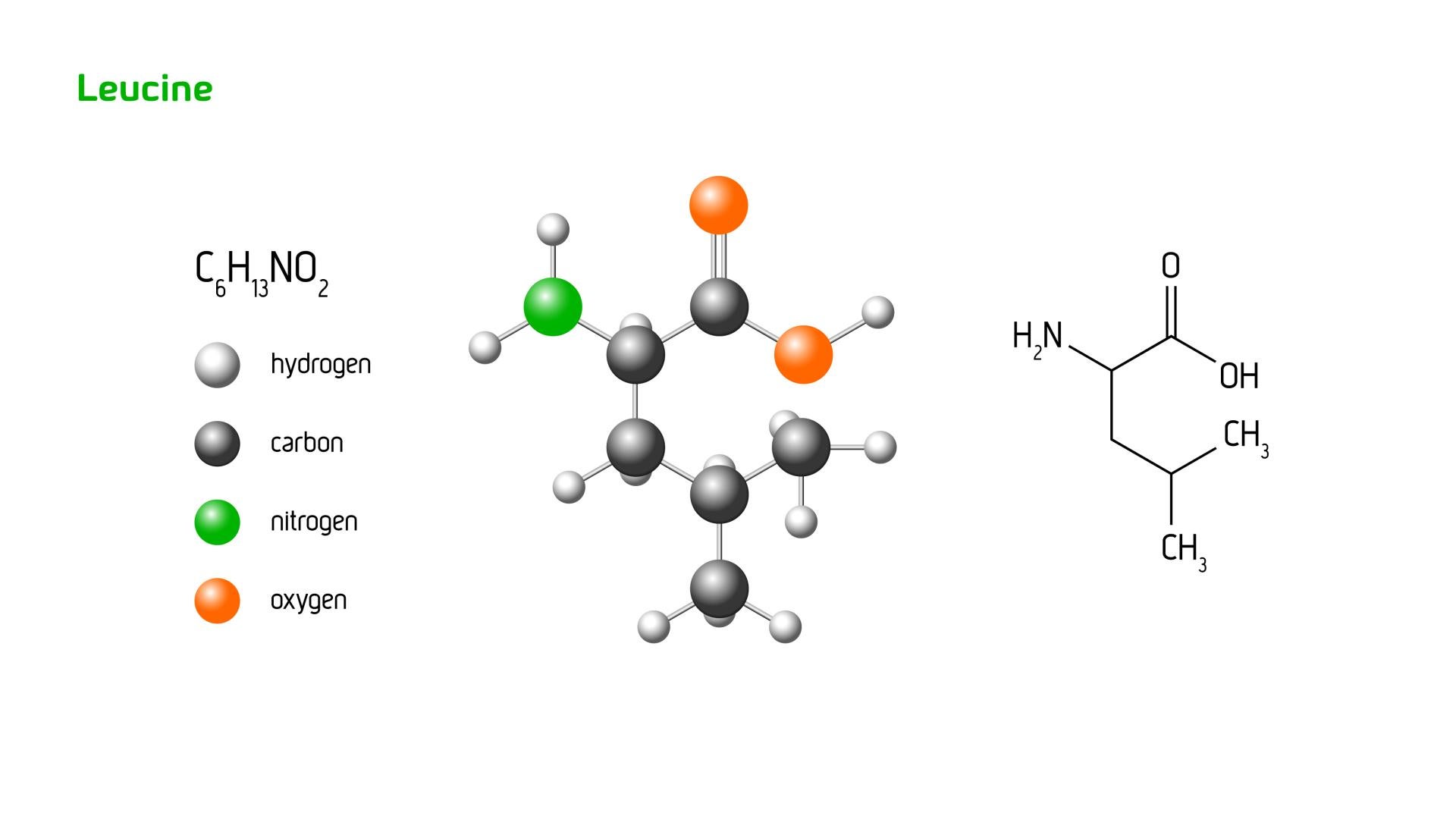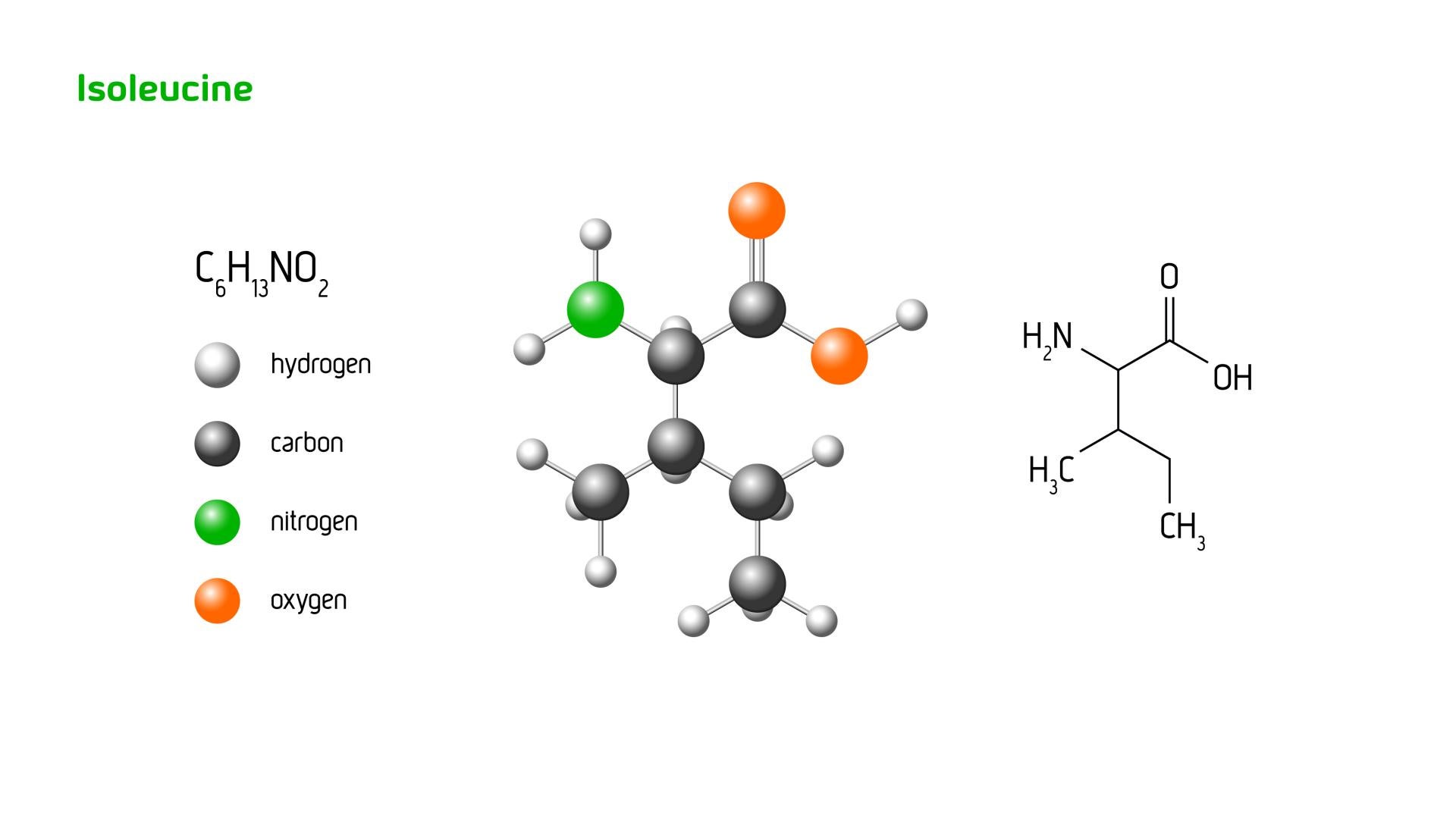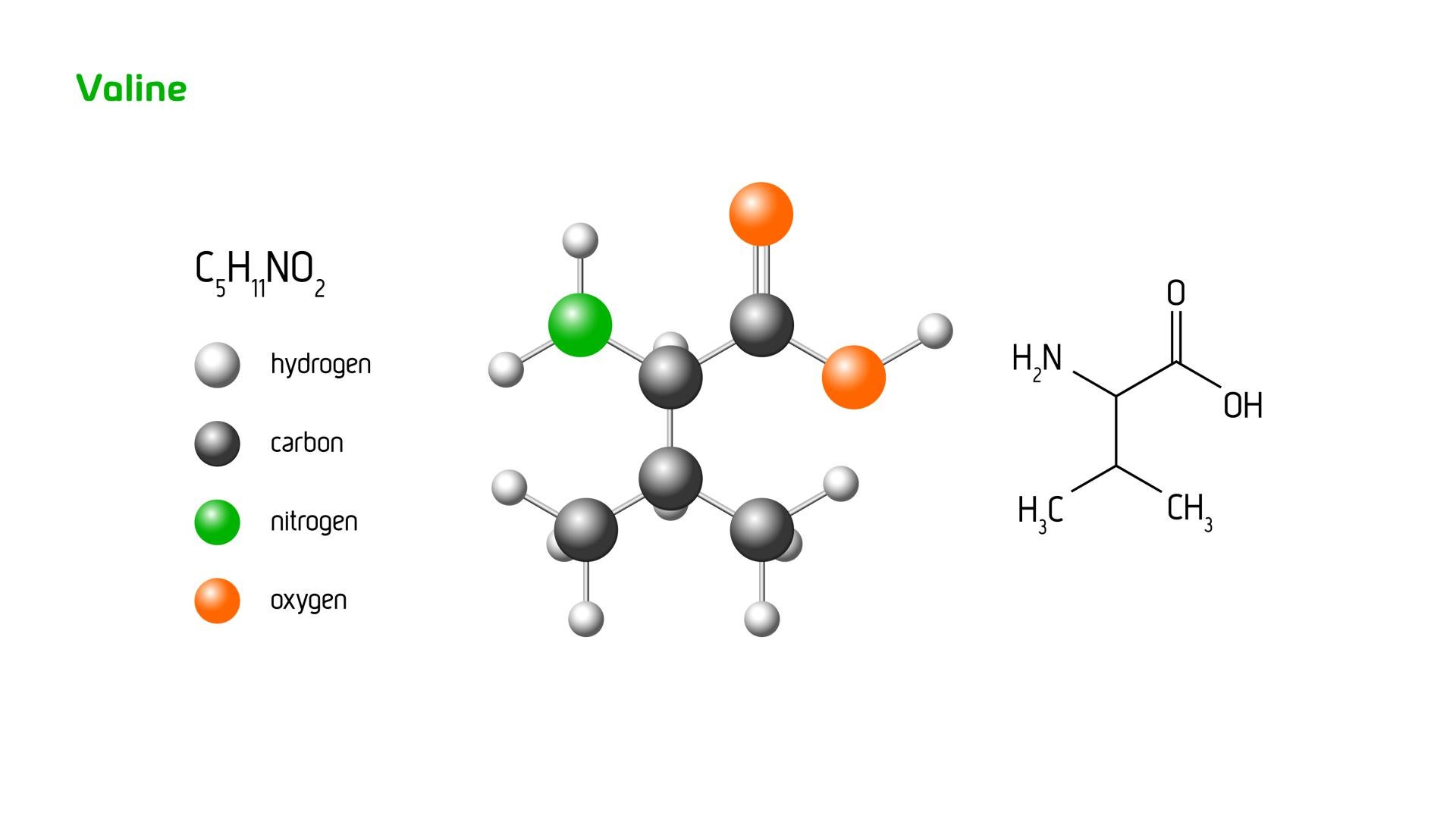Maple Syrup Urine Disease (MSUD) is a rare metabolic disorder caused by a defect in the branched chain ketoacid dehydrogenase (BCKAD). This is an enzyme of the catabolic pathway for the branched-chain amino acids (BCAAs) that include leucine, isoleucine and valine. The disease is named after the sweet maple syrup smell of the urine in affected individuals.

MSUD is an autosomal-recessive disorder, with incidence of 1 in 120,000 to 1 in 500,000.
The disorder varies in severity and the clinical spectrum is quite broad.
MSUD in a newborn may be suspected due to the presence of illness and/or an abnormal neonatal screening test result. In the neonatal period the classic presentation occurs with failure to thrive, feeding difficulties, maple syrup odor in the cerumen and urine, and can lead to irreversible neurological complications, developmental delay, stereotypical movements, metabolic decompensation, and death if left untreated.
The other types of clinical presentation may be an acute, intermittent, late-onset with recurrent episodes of metabolic decompensation or a chronic, progressive form presenting as hypotonia, failure to thrive and developmental delay.
Early diagnosis and prompt treatment can avoid potential complications and physical and neurological problems. The individuals with MSUD can lead active, normal lives.
The main goals in treating MSUD is to manage diet by reducing BCAAs and provide adequate macronutrients.
comida-MSUD are amino acid mixtures free from leucine, isoleucine and valine and supplemented with all required essential micronutrients according to international standards.




